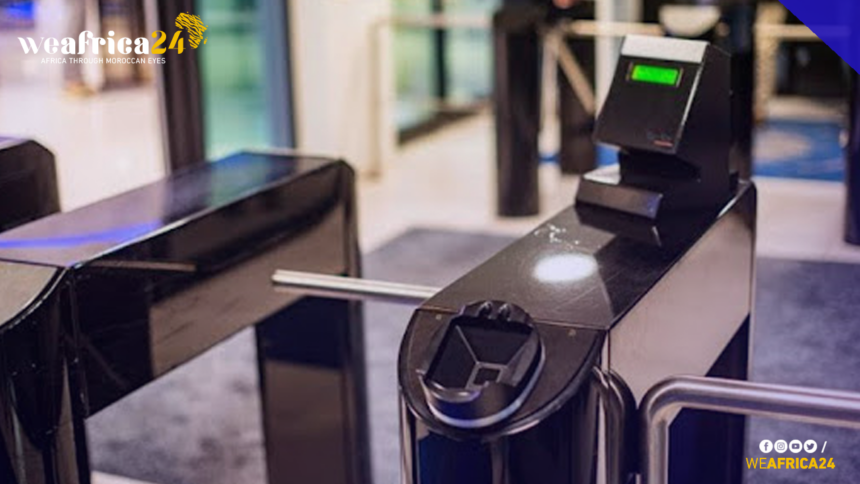KAA Gent has embarked on an unprecedented venture within the Pro League, the premier division of Belgian club football, by initiating a trial of the biometric entry system Palmki at its Ghelamco Arena. This groundbreaking 18-month pilot project, undertaken in collaboration with Belgian IT service company Perfect-ID and its Palmki palm authentication system, was first put to the test during the Pro League home match against Standard de Liège, resulting in a 3-1 victory.
In partnership with StarNet, Palmki aims to enhance the access process for fans, offering members of the Young Business Club at KAA Gent the opportunity to access the stadium via a designated ‘Fast Lane.’ This marks the first instance of a Pro League club experimenting with this biometric technology. Marc Strackx, director of Perfect-ID, expressed optimism about Palmki’s potential, citing its secure, rapid, and innovative method of connecting fans and ensuring efficient access.
The technology enables fans to enter the stadium seamlessly after a palm scan at the turnstile, eliminating the need for physical tickets, season cards, or identity cards. The pilot project’s results and feedback will be evaluated in spring 2025. KAA Gent director, Dirk Piens, emphasized the club’s commitment to providing comfort and safety for spectators while respecting privacy and GDPR regulations, acknowledging the innovative strides made with Perfect-ID and Palmki.
Palmki: Revolutionizing Biometric Recognition
Palmki palm recognition, as chosen by KAA Gent, presents a significant advancement in biometric technology. Addressing the limitations of existing methods such as badges, facial recognition, iris scanning, and fingerprints, Palmki offers a user-friendly, contactless, and highly secure solution. The technology relies on a straightforward process involving a registration unit, software, and the Palmki sensor, creating a hash-coded representation of the hand palm vein structure for secure biometric data storage. Steven Baeyens, Director of Products at Tactile, lauded Palmki for its speed, intuitiveness, and applicability in diverse sectors, foreseeing its potential in data center security, identity registration, and access control.
As the football world continues to explore innovative avenues, KAA Gent’s adoption of Palmki sets a precedent for modernizing access procedures in sports stadiums. The integration of biometric technology aligns with the evolving landscape of sports infrastructure and emphasizes the pursuit of secure, efficient, and fan-friendly experiences. The success of this pilot project could pave the way for wider adoption across the sports and entertainment industry.







